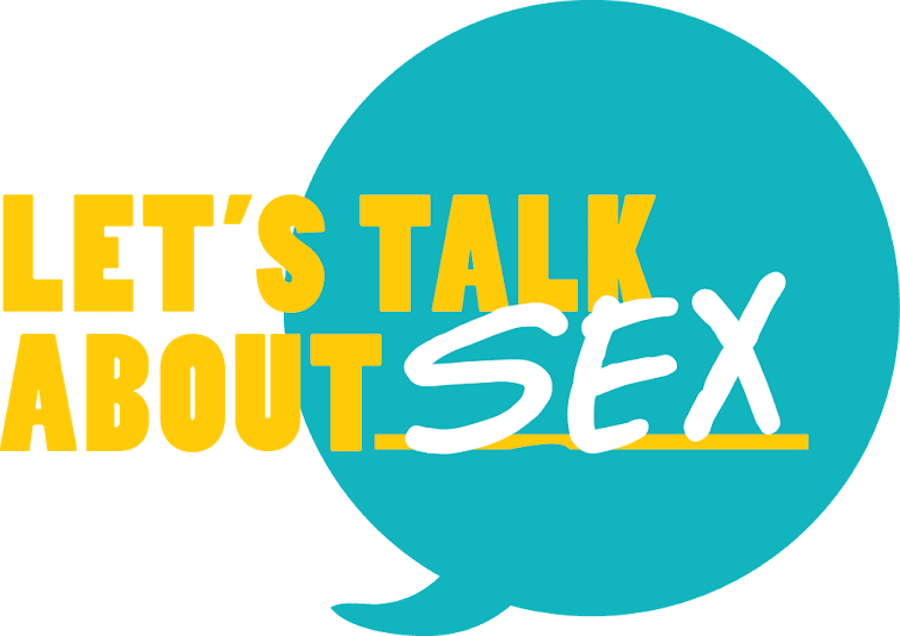
Sexual health and assault highlighted by on-campus campaign.
UC Davis is made up of student voices and perspectives often used in the creation of campus clubs, governing bodies and campaigns. Of particular note is the increasing advocacy in recent years for sexual assault prevention and sexual health on college campuses, which serves as the emphasis for April’s “Let’s Talk About Sex” campaign.
The campaign’s goal was to raise awareness about the way students learn and obtain information about varying forms of sexual health, and was created by ASUCD in association with the Student Campus Climate Review Team (SCCRT), Students Against Sexual Violence at UCD (SASV), Sexual Assault Awareness Advocacy Committee, Gender and Sexuality Commission and a multitude of other UC Davis organizations and offices.
“This campaign intends to promote healthy sexuality by discussing consent, sexual health, how sex is discussed in specific cultures and communities, and ultimately breaking the stigma of sex being a taboo topic in our society,” said Georgia Savage, a third-year political science and gender, sexuality and women’s studies double major.
Savage, who was elected to ASUCD Senate in fall 2015, has prioritized sexual assault prevention throughout her time in office.
“We were reminded that each community discusses sex and sexuality in very different ways while navigating different dynamics and stereotypes that exist in these spaces,” Savage said. “Therefore, this campaign has evolved into a month which attempts to include all groups and discuss all aspects of health and safe sex.”
In order to stop sexual violence at UC Davis, students can do their part by being what the campaign refers to as an “upstander,” a student who takes active steps to ensure that all forms of sexual assault are stopped in daily life.
Strategically, Let’s Talk About Sex month and Sexual Assault Awareness Month (SAAM) both take place in April. The planners of Let’s Talk About Sex will host events every weekday throughout the month, such as craft-making, concerts, workshops and discussion spaces.
“The events are very diverse,” said Ariella Cassell, a third-year history major, vice president of SASV and vice chair of SCCRT. “Some are more creative and allow students to express their views on safe, consensual sexual practices while others are more informative and aim to educate students on these two salient topics.”
Both of the topics — sexual assault and sexual health — combat the sexual culture on college campus settings. Whether that culture is held in a positive or negative light, the campaign has made it clear that nothing is left off the table.
“Sexual assault is a great issue on our campus that plagues thousands of students at UC Davis every year,” Cassell said. “We are hosting a multitude of events that aim to raise awareness of this issue as well as provide a space for different communities to discuss ways in which sexual assault affects their individual communities and the intersectionality that exists for survivors that are members of multiple communities.”
According to the National Sexual Violence Resource Center, one in five women are sexually assaulted in college, and more than 90 percent of victims do not end up reporting the assault. While all genders are affected, those that identify as transgender, genderqueer, gender non-conforming, questioning and other genders experience a disproportionate amount of non-consensual sexual contact.
On the other hand, sexual health entails a wider variety of topics that are often considered taboo or uncomfortable for conversation. According to Yumi Temple, second-year international relations and history double major and LTAS volunteer coordinator, the goal is to break the out-of-bounds mindset people have about sexual health in order to properly educate people about sex and sexual contact.
“It’s about doing away with a lot of taboo and stigma with sexual activity,” Temple said. “We want to get people talking about it in our community and other cultures outside the Davis community as well. Asking questions like ‘How do you talk about the realities carefully and wisely with others?’ It’s all about having open dialogue about having sex safely.
The campaign has not only sought to create transparency, but also to inform students what they can do to stay safe and healthy. Victims are encouraged to use the resources and support available to them including the University CARE Advocate, Student Health and Counseling Services and the Women’s Resources and Research Center.
“I believe that the only way that these issues can be improved is by talking about them,” Savage said. “The safety and well-being of all students should be a concern of everyone on this campus. In addition to information about these topics, we hope to spread awareness about the resources available to students on and off campus surrounding many of these issues.”
Written by: Alan Castillo — features@theaggie.org




